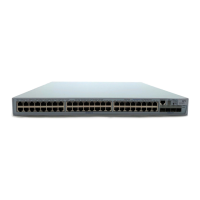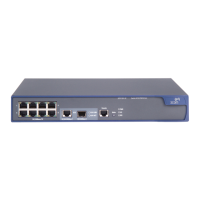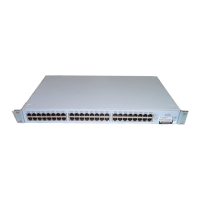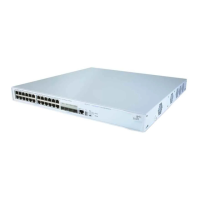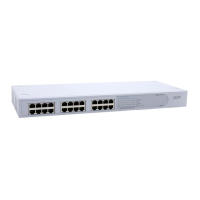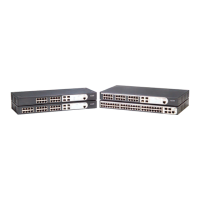57
DHCP SERVER CONFIGURATION
When configuring the DHCP server, go to these sections for information you are
interested in:
■ “Introduction to DHCP Server” on page 797
■ “DHCP Server Configuration Task List” on page 799
■ “Enabling DHCP” on page 799
■ “Enabling the DHCP Server on an Interface” on page 799
■ “Configuring an Address Pool for the DHCP Server” on page 800
■ “Configuring the DHCP Server Security Functions” on page 806
■ “Configuring the Handling Mode for Option 82” on page 808
■ “Displaying and Maintaining the DHCP Server” on page 808
■ “DHCP Server Configuration Examples” on page 809
■ “Troubleshooting DHCP Server Configuration” on page 811
n
■ The DHCP server configuration is supported only on VLAN interfaces and
loopback interfaces. The secondary IP address pool configuration is not
supported on loopback interfaces.
■ DHCP Snooping must be disabled on the DHCP server.
Introduction to DHCP
Server
Application
Environment
The DHCP server is well suited to the network where:
■ It is hard to implement manual configuration and centralized management.
■ The hosts are more than the assignable IP addresses and it is impossible to
assign a fixed IP address to each host. For example, an ISP limits the number of
hosts to access the Internet at a time, so lots of hosts need to acquire IP
addresses dynamically.
■ A few hosts need fixed IP addresses.
DHCP Address Pool Address pool structure
In response to a client’s request, the DHCP server selects an idle IP address from an
address pool and sends it together with other parameters such as lease and DNS
server address to the client.
The address pool database is organized as a tree. The root of the tree is the
address pool for natural networks, branches are address pools for subnets, and
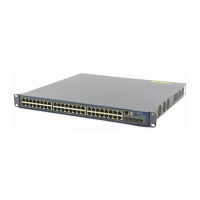
